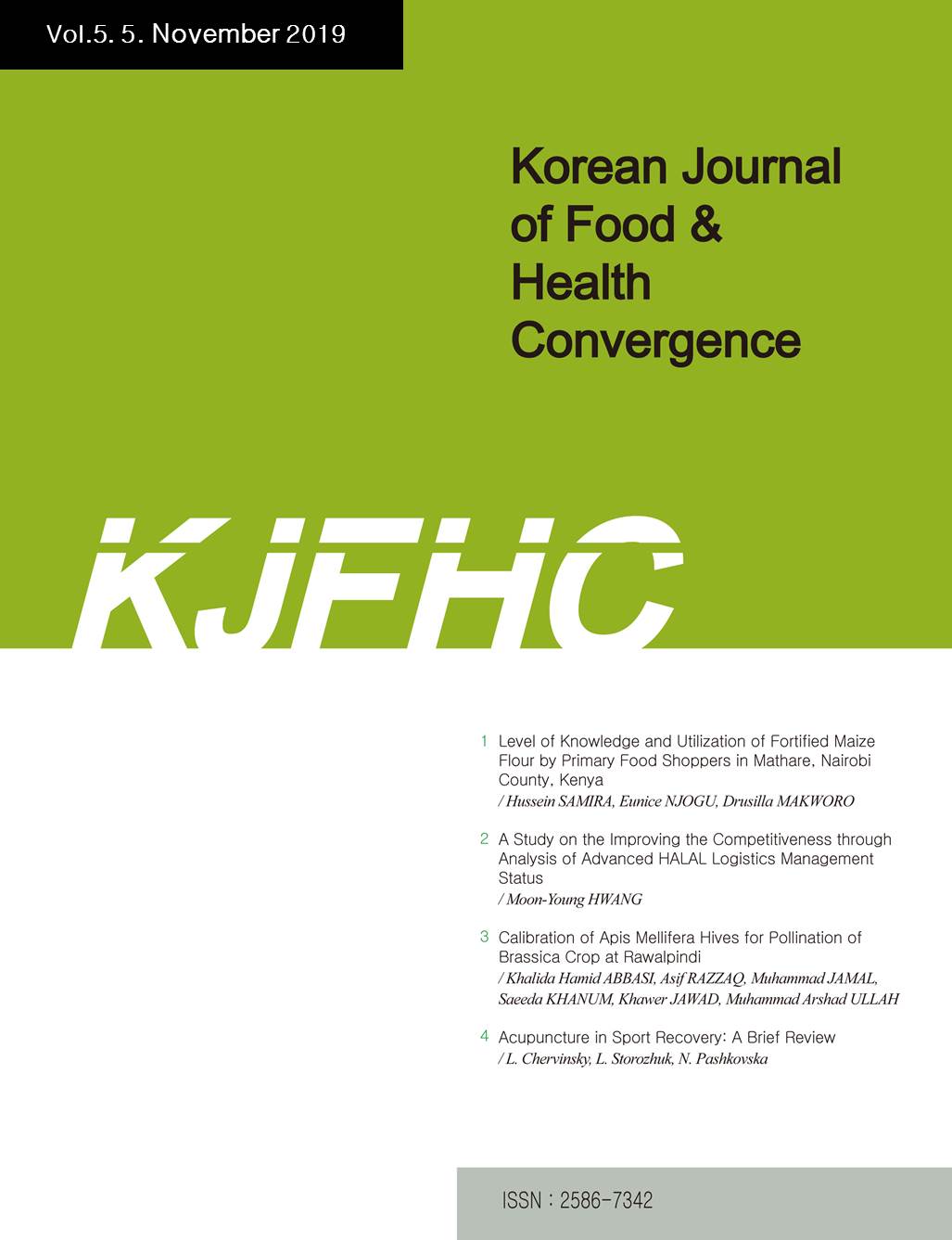 E-ISSN : 2586-7342
E-ISSN : 2586-7342
Su-Han LEE
Abstract
As oil palm trees are an important economic source in many countries, particularly in Southeast Asia and Africa, the study of Ganoderma boninense is crucial for the sustainability of the oil palm industry. This study aims to understand the biology and ecology of the fungus, its pathogenesis, and the impact it has on oil palm trees. This knowledge can be used to develop management strategies to mitigate the damage caused by the fungus, such as the use of resistant varieties, chemical and biological control methods, and cultural practices. This study is to ensure the long-term productivity and sustainability of the oil palm industry. The main method of recent academic studies on this pathogen is molecular biology, with a focus on genetic analysis and functional genomics. Researchers have used techniques such as PCR, DNA sequencing, and transcriptomics to identify genes and pathways involved in pathogenesis and better understand the fungus's interactions with its host plant. Other methods used in recent studies include biochemical analysis, microscopy, and phytohormonal assays to investigate the biochemistry and physiology of the interaction between G. boninense and oil palm. This study is intended to provide implications from a new perspective by organizing and integrating studies on Ganoderma boninense.
- keywords
- Ganoderma boninense, Oil palm, Sustainability, Molecular biology, Biochemical analysis
- Downloaded
- Viewed
- 0KCI Citations
- 0WOS Citations
